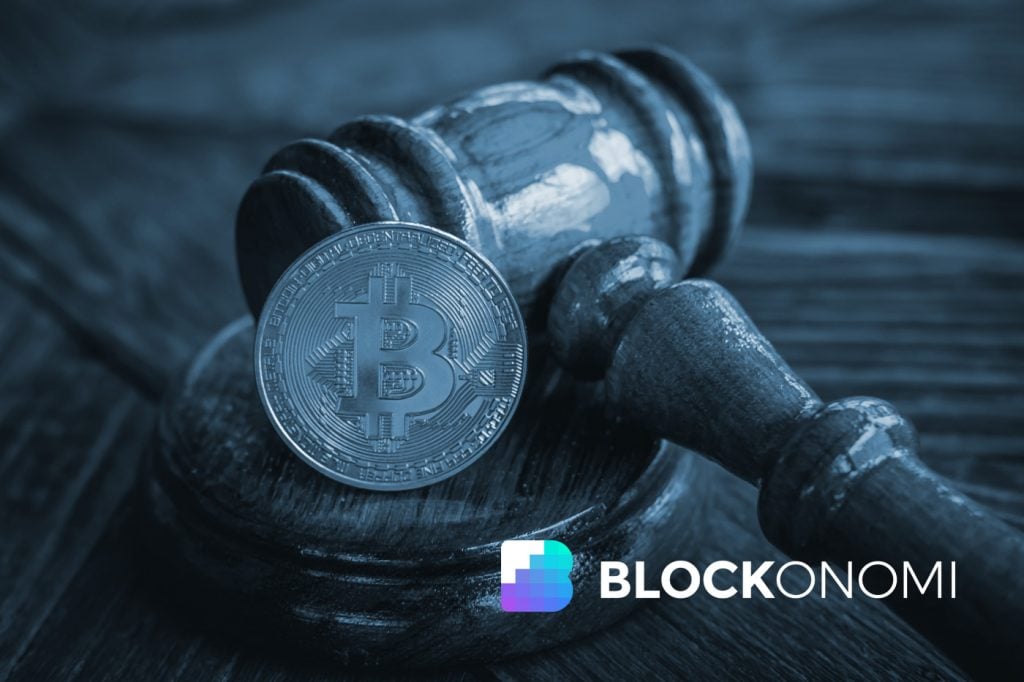It's the year 2019 and cryptocurrency exchanges are grappling with increasing pressure.
As each day passes and we head into the new year, regulation on digital currencies is solidifying its place as the standard. Gone are the days when traders merely anticipated or feared it; now, fresh news of legislative changes and new laws is a daily occurrence.

What Are Crypto Exchanges Up To?
So, where do cryptocurrency exchanges fit into this evolving landscape? Where do they establish their footing amongst these new legal frameworks, and how are they coping with the heightened responsibility to safeguard their clients? This is a multifaceted challenge that industry leaders are striving to address, and while not everyone is fully adapting yet, some are beginning to excel.
This is occurring in South Korea , which is arguably a pivotal hub for bitcoin globally. At one point, the nation was responsible for about 25% of global crypto transactions, but the frequent dips in bitcoin prices and its altcoin counterparts, combined with a surge in criminal activity in 2018, led to a fearful and cautious atmosphere. In response, South Korea intensified its efforts to make crypto trading secure, initially by banning initial coin offerings (ICOs). To this day, such fundraising methods are not allowed within South Korean territories.
United We Stand; Divided We Fall
Many exchanges in the country seem to be mounting together . They created a digital task force, if you will, to tackle the unrelenting wave of hacking and cybercrime troubling the nation. Key players like Bithumb, Upbit, Korbit, and Coinone have come together, sharing real-time wallet information to detect suspicious actions, potential phishing, or Ponzi schemes.
This development occurred just a few months after many investors pushed back against the introduction of new regulatory measures concerning crypto activities. Furthermore, an amendment was made to South Korea's anti-money laundering laws, mandating banks managing crypto exchanges to increase their scrutiny of related accounts.
South Korea experienced several crypto hacks throughout 2018. Bithumb and Coinrail , for instance, suffered losses of about $30 million and $40 million, respectively, which perhaps explains their participation in the new collaborative 'group attack strategy' implemented by these exchanges.
Cracking the Whip on Those in Charge
However, while cryptocurrency exchanges impose pressures, they also endure it themselves. The era where a hack could occur and exchanges could escape accountability to their wronged customers is over. No longer can they claim, 'We lack funds' or 'We aren't a licensed bank and don't provide insurance.'
An exchange in Italy was recently was mandated to return nearly $200 million in cryptocurrency to affected users. The exchange involved is BitGrail, which witnessed a loss of roughly $170 million in varied digital assets early last year. An Italian judge has declared the exchange responsible and required it to compensate all customers who suffered losses, as much as the company's resources allow.
What Happened in Italy?
The founder is Francesco Firano. Legal documents reveal he continuously mishandled security concerning users' private keys and moved client funds into wallets under BitGrail's control. The judge suggested that Firano failed to implement adequate security precautions to prevent unauthorized repeated withdrawals of cryptocurrency.
Apart from repaying the lost assets, Firano must relinquish his personal assets and declare bankruptcy as part of the judicial settlement.





